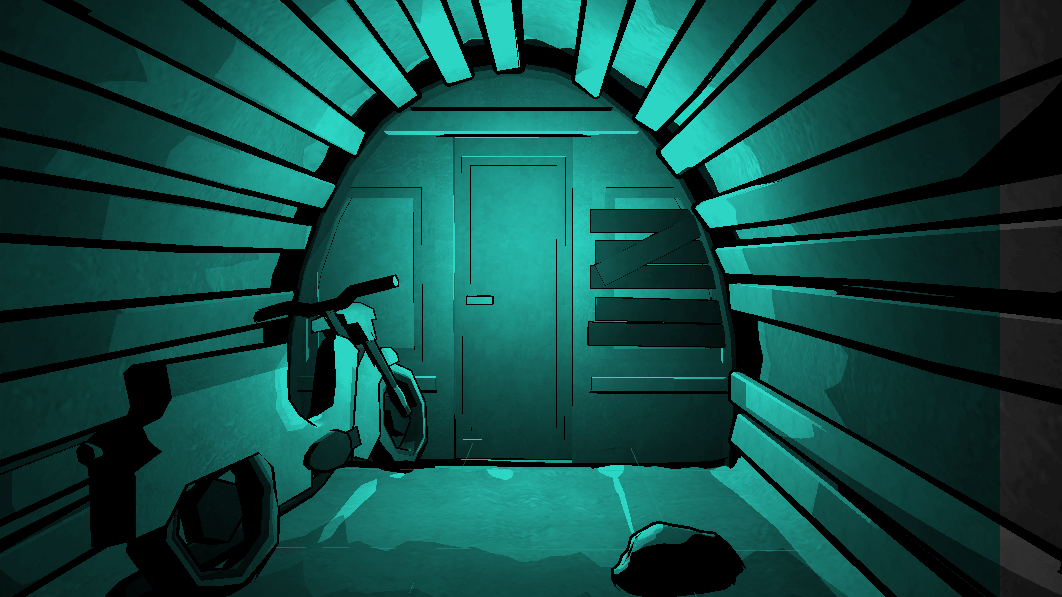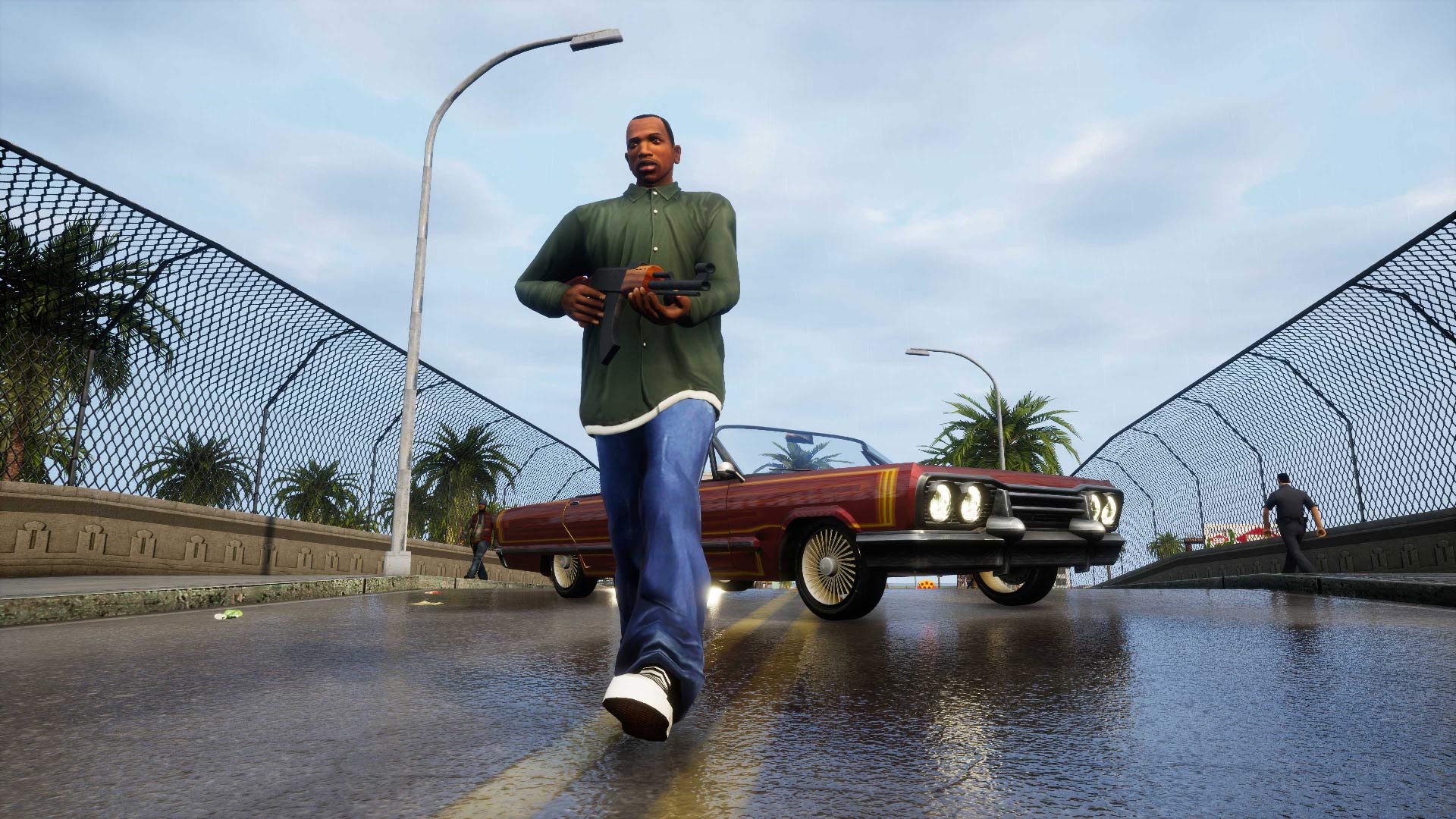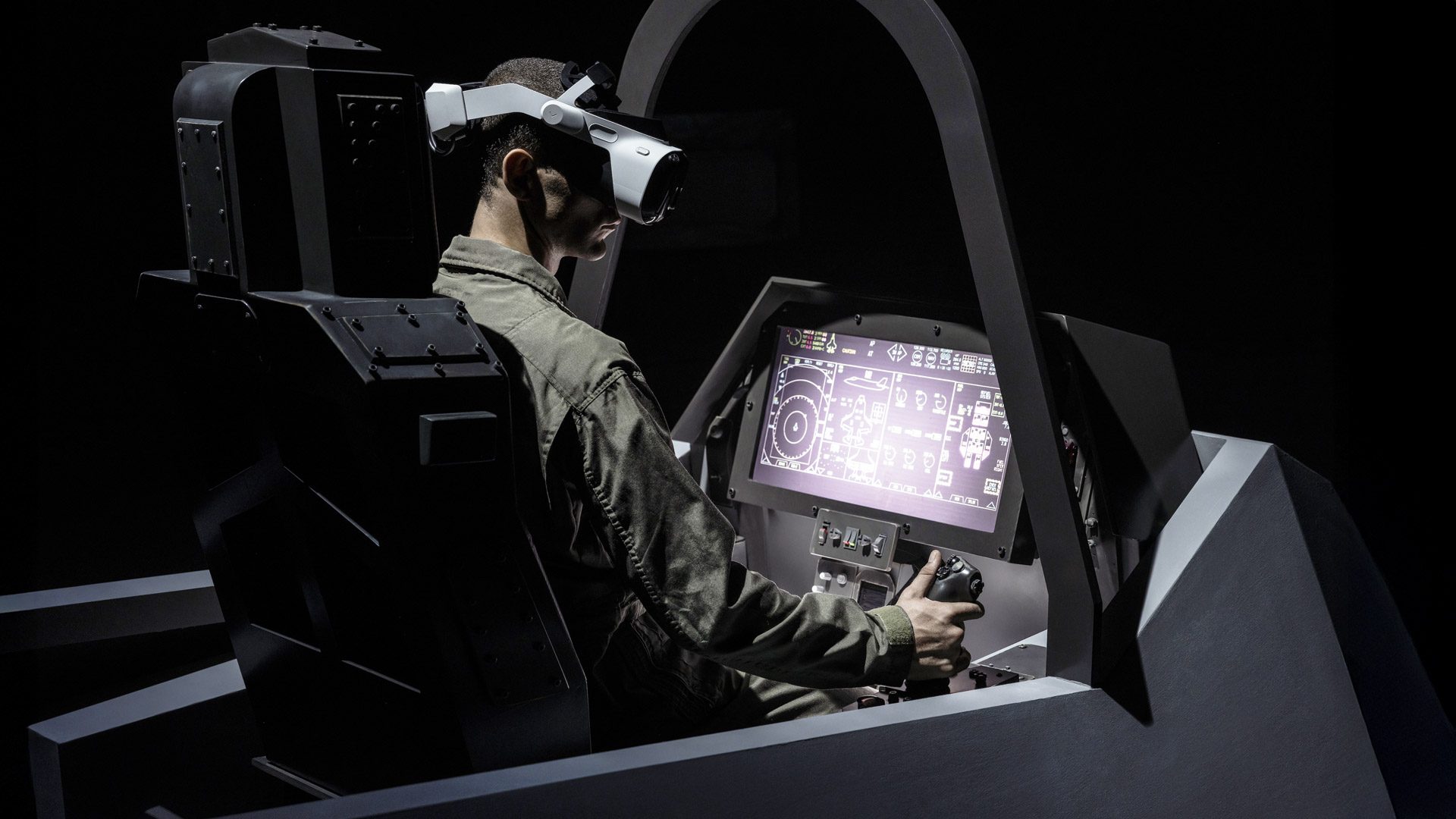The individual leading motion capture for popular titles like Resident Evil Village and the expansions for The Witcher 3 recently highlighted the precarious state of the gaming industry, attributing it to layoffs and tightening budgets. Despite these challenges, he remains confident that AI won’t be stepping into actors’ shoes anytime soon. Motion capture is critical in the creation of immersive games like Resident Evil Village, but nowadays, the job security of actors within the industry is being tested as they try to secure their positions in this rapidly evolving space.
The gaming sector is undeniably experiencing a rocky period. While staff reductions are not a new phenomenon—giants like Blizzard have opted for significant cuts in the past—the advent of AI technology has introduced fresh challenges. The prospect of AI mimicking voices raises concerns about the future of voice acting, stimulating strikes among actors who are demanding safeguards against technology potentially exploiting their voices. Notable figures are stepping forward to voice their opinions in this heated debate.
In an Entertainment Weekly interview, Steve Kniebihly, who boasts a portfolio that includes work on Resident Evil Village and The Witcher 3 expansions, discussed how the industry’s instability is affecting even well-established companies. “The combination of layoffs, budget cuts, and overall uncertainty really emphasizes that guarantees are hard to come by, even for successful studios,” Kniebihly remarked. Three months into 2025, numerous studios are already cutting jobs, continuing a long-standing trend.
As the situation with the SAG-AFTRA strike lingers, Kniebihly expressed his belief that AI isn’t set to replace voice actors anytime soon. He stressed that AI lacks the unique “intangible chemistry” that exists between actors and directors—an intangible yet crucial element that drives both parties to excel, a quality that he feels AI simply cannot replicate.
However, AI’s growing presence in the gaming world doesn’t change the fact that actors haven’t yet reached a consensus with producers. Duncan Crabtree-Ireland, the lead negotiator, exposed proposals from video game companies that would require actors to allow their older performances to aid in AI training or replicated entirely by AI. Such propositions have been turned down, and the SAG-AFTRA strike endures. At this point, it is uncertain how long the resolution will take to emerge, as the industry grapples with these complex dynamics.















































